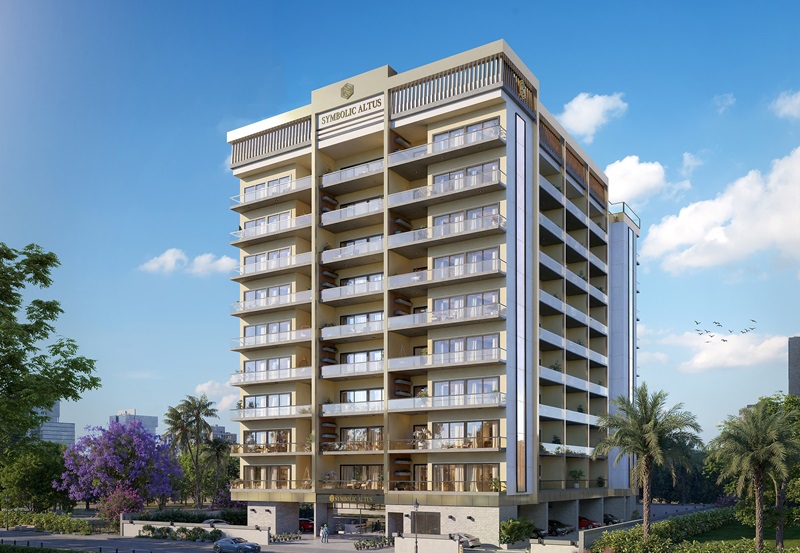
The GCC’s smart city environment is developing rapidly, as governments attempt to reign in rising energy and water costs and lower urban carbon emissions using new and innovative technologies. In fact, the IDC estimates that the total annual investment in smart city technologies in the wider Middle East region could reach $2.3bn by the end of 2021.
Educational institutions play a major role in the growth of smart cities, providing the highly skilled and digital-savvy workforce needed to pioneer technological innovation and promote a strong entrepreneurial ecosystem.
And more students are choosing the GCC to pursue their undergraduate and postgraduate degrees, as national governments in the region offer new incentives to attract them. For example, the United Arab Emirates has introduced a new 10-year resident visa for talented students and their families, encouraging them to establish roots in the country long after they finish their academic journey.
The GCC is increasingly home to such leading local and international universities as the King Abdullah University of Science and Technology (KAUST) in Saudi Arabia, New York University Abu Dhabi, as well as the Mohamed bin Zayed University of Artificial Intelligence (MBZUAI) in the UAE.
With these institutions building brand new campuses to accommodate the influx of students coming into the region, it will become even more imperative to implement smart technologies in the development of these communities, ensuring they remain practical, comfortable and of course sustainable for their growing populations.
Accordingly, more educational institutions are adopting sustainability as a strategic priority, supporting national and global agendas. This reduces their environmental impact, achieves cost savings in the long run and positively impacts society. Universities with a strong sustainability focus are also more attractive to prospective students, a group that is greatly concerned with the effects of climate change.
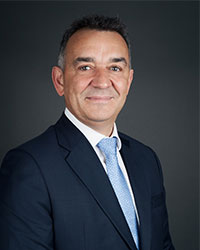
Vincent Montanet
Chief Business Development Officer, ENGIE Solutions
Retrofitting existing campus buildings improves their energy efficiency, mitigating carbon emissions; and the transition need not be particularly costly or complex. In fact, in many cases, the required infrastructure is already in place. Technological upgrades and repairs to existing equipment that power heating and cooling systems can be carried out smoothly, with minimal disruption to service delivery. Establishing a long-term relationship with an energy partner can also allow for continuous technological innovation and significant additional cost savings.
For example, in the United States, ENGIE has been working closely with the Ohio State University as part of a 50-year contract to decarbonise and modernise the infrastructure serving its 485-building campus.
Home to over 100,000 students and staff in Columbus, Ohio, the university has an ambitious goal to enhance the sustainability of its campus by increasing the adoption of energy efficiency measures, deepening its environmental commitments, and ensuring a reliable energy supply—all while promoting cutting-edge research.
To help Ohio State University realize a greener tomorrow, ENGIE is operating the systems that power, heat and cool the Columbus campus. They are working closely with the university to develop and implement energy conservation projects to reduce its carbon footprint and enhance its ability to procure electricity, natural gas, and other energy sources. The objective is to help the university improve its energy efficiency by 25 per cent within the first 10 years of its partnership with the company.
ENGIE is deploying Siradel 3D modelling technology to map the city and generate accurate visual data in real time, further enhancing the on-campus experience for students, faculty and visitors. ENGIE is hoping to invest in on- site solar power plants and other technologies to further optimize clean power generation and environmental efficiencies.
Since announcing its partnership with ENGIE in 2017, the university has already made some notable sustainability improvements, beginning with the deployment of smart metering systems. More than 750 electricity, natural gas, steam and chilled water meters have been installed, each linked to a custom-built digital platform. A total of 107,000 indoor light fixtures and 1,700 outdoor light fixtures have also been converted to energy-efficient LED technology over the past two years. The university is also carrying out various utility system upgrades.
Various collaborative programs are also underway to benefit both students and faculty in the future. One of these is the Energy Advancement and Innovation Centre, which is currently under development. When complete, this purpose-built facility will encourage faculty, students, alumni, local entrepreneurs, and industry experts to work together on the next generation of smart energy systems, renewable energy, and green mobility solutions.
A similar community-wide approach to sustainable urban development could be applied to existing university campuses in the region, and indeed other large urban communities in the Middle East. Incorporating energy efficiency technologies is particularly important in the GCC, where temperatures and humidity levels are high during the summer.
In addition to needing efficient power and cooling for their resident staff and students, universities also require smart solutions to offset the significant power and cooling demand of their computers and servers, not to mention their carbon emissions.
Education is undoubtedly a strategic sector which can benefit from both retrofitting of existing infrastructure as well as the incorporation of smart technologies in the planning phase. This will conserve energy and water, reduce carbon emissions, enhance air quality and improve the health and well-being of students and faculty.
As the region puts sustainability and environmental responsibility at centre stage, academic institutions have an opportunity to lead the way in the implementation of community-wide solutions that safeguard human safety, energy efficiency, and climate change preparedness.
Retrofitting academic institutions for a greener tomorrow
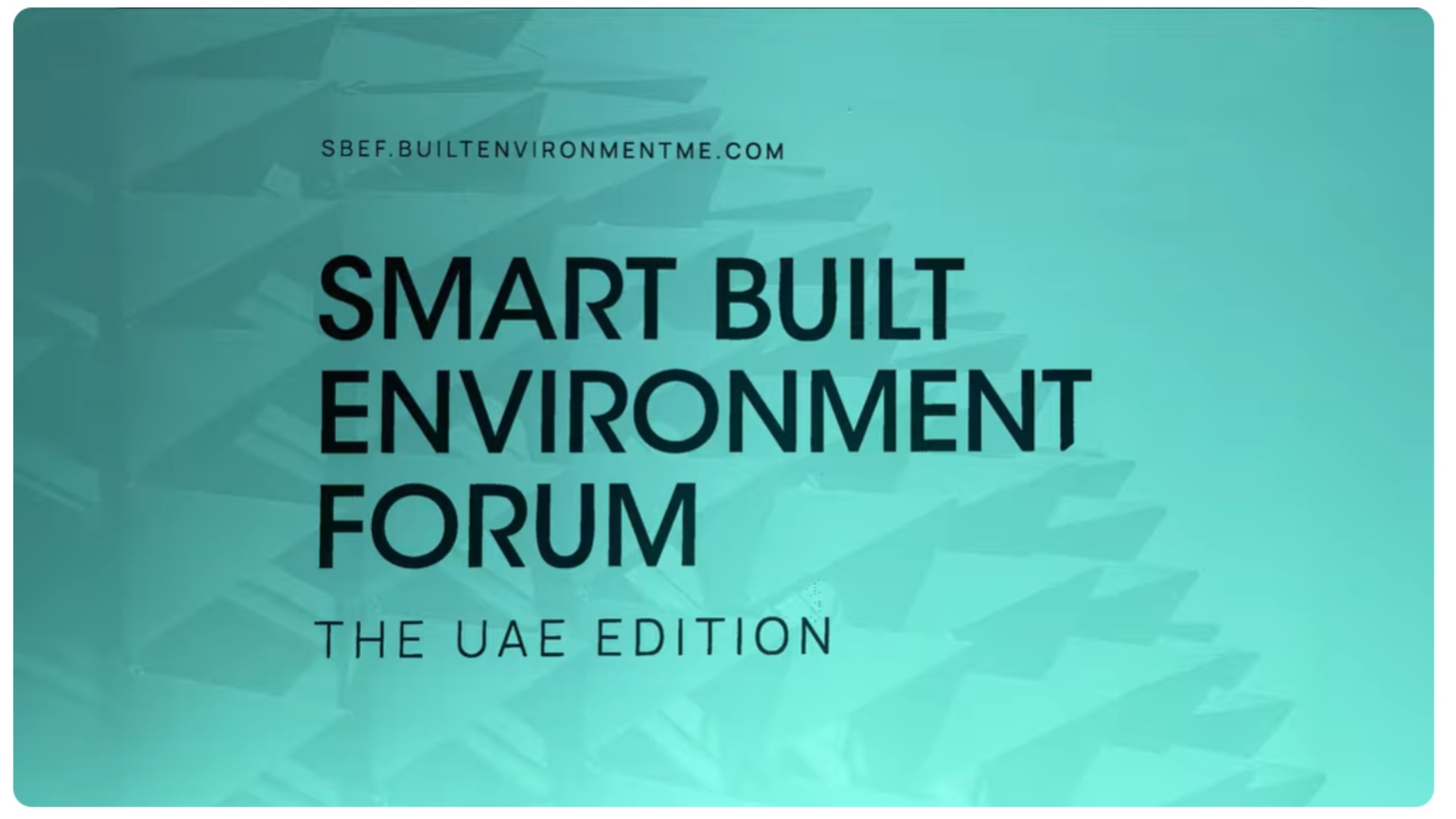






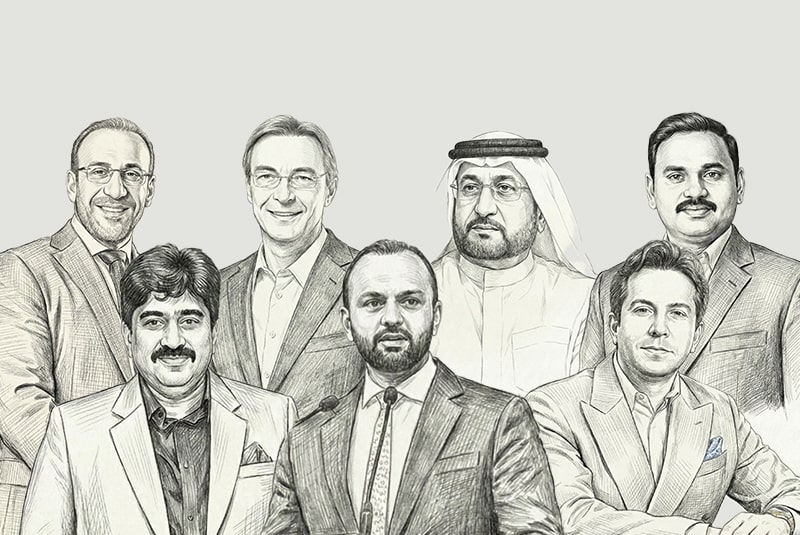
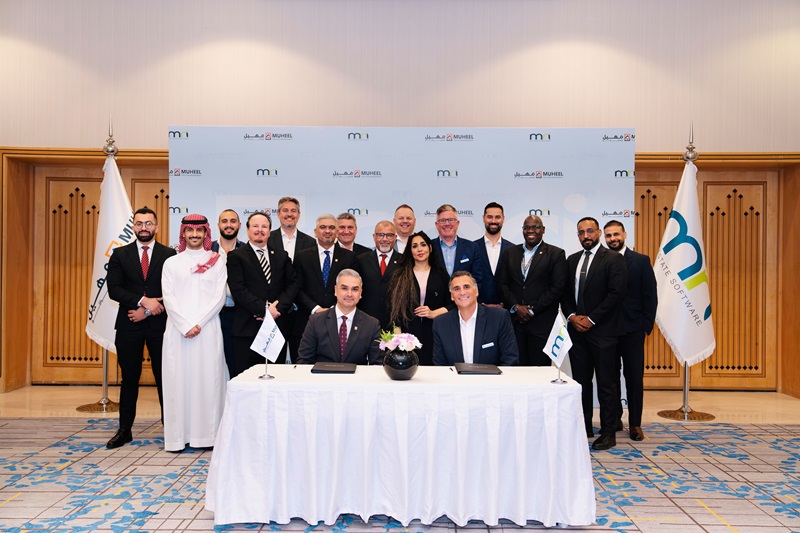
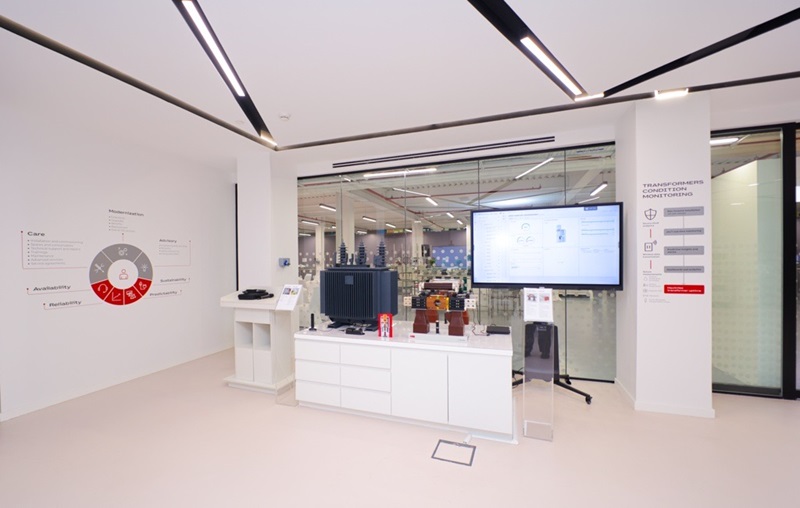
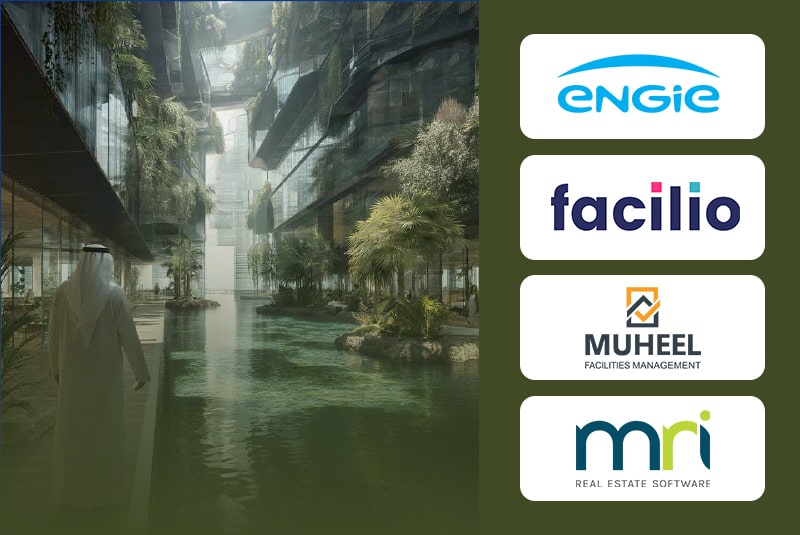
.jpg)
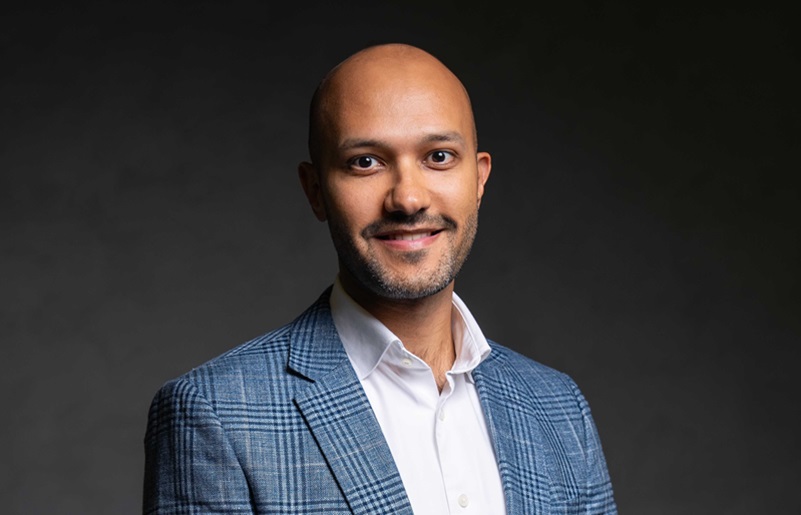
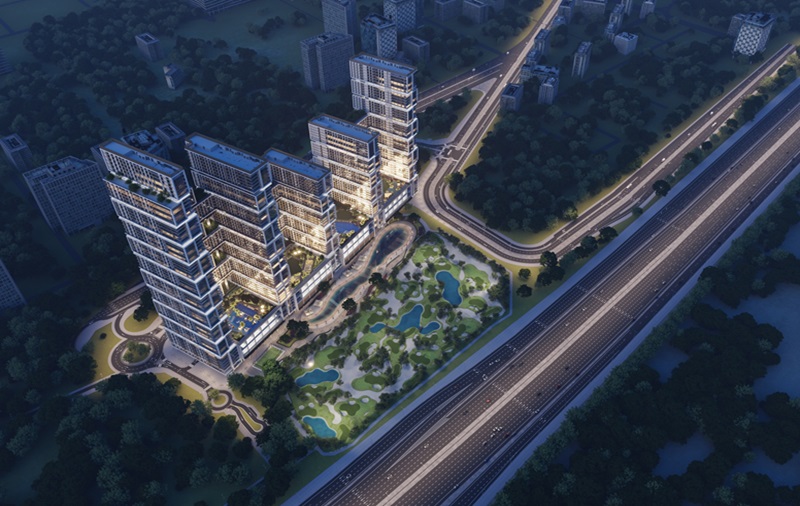
.jpg)
